Just like the neoclassical movement of the 1970s, the early 2020s are seeing new life breathed into earlier designs—except this time it’s the original Land Rover (Defender) and Range Rover that are in vogue
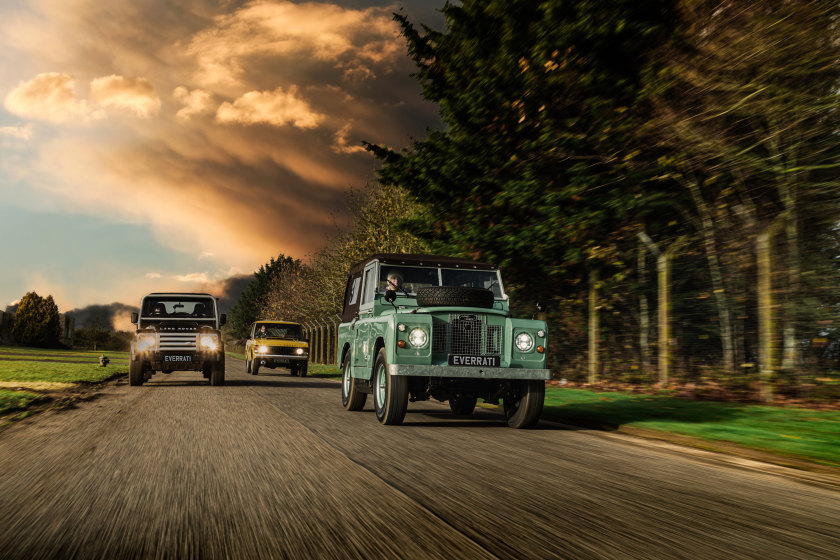
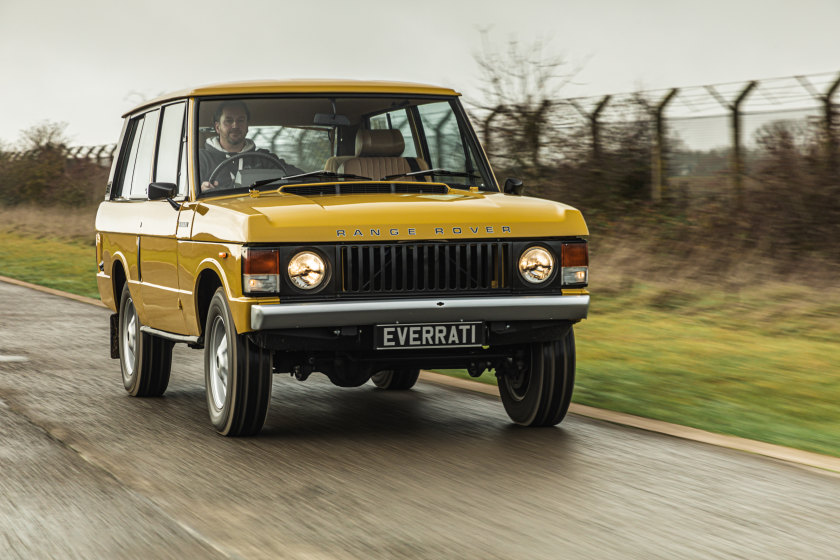
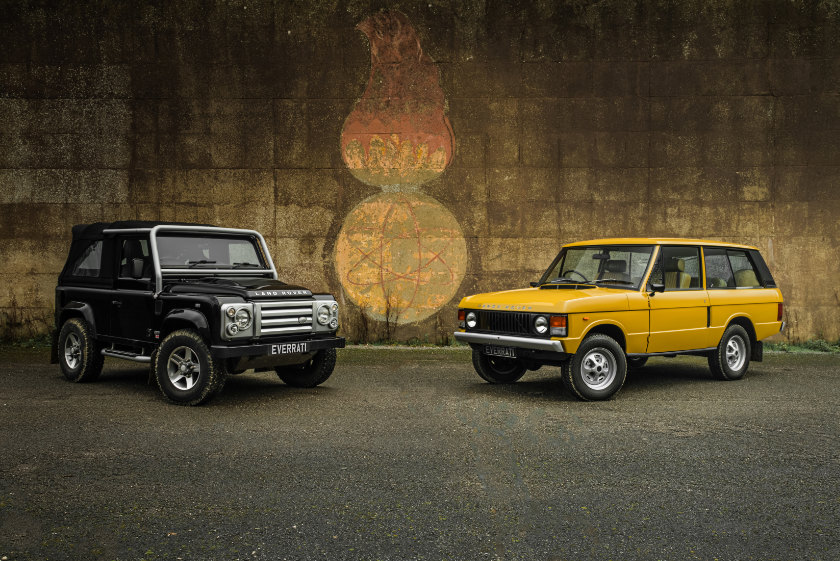
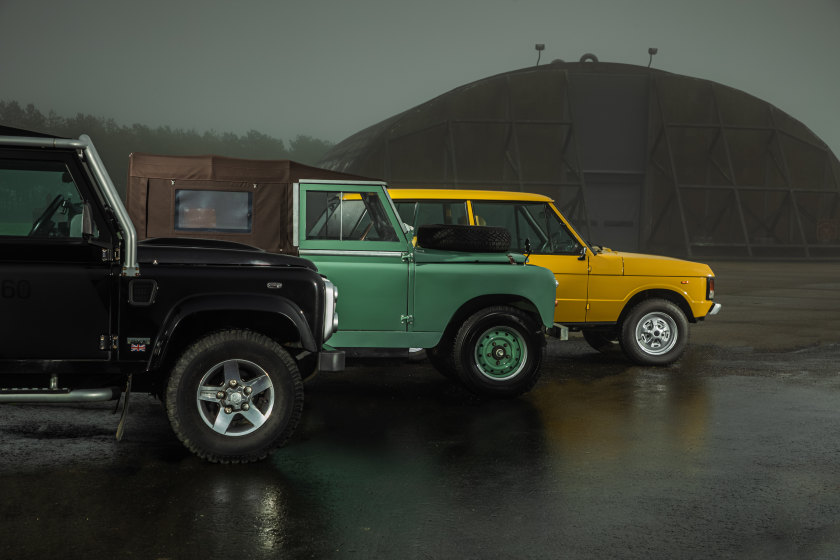
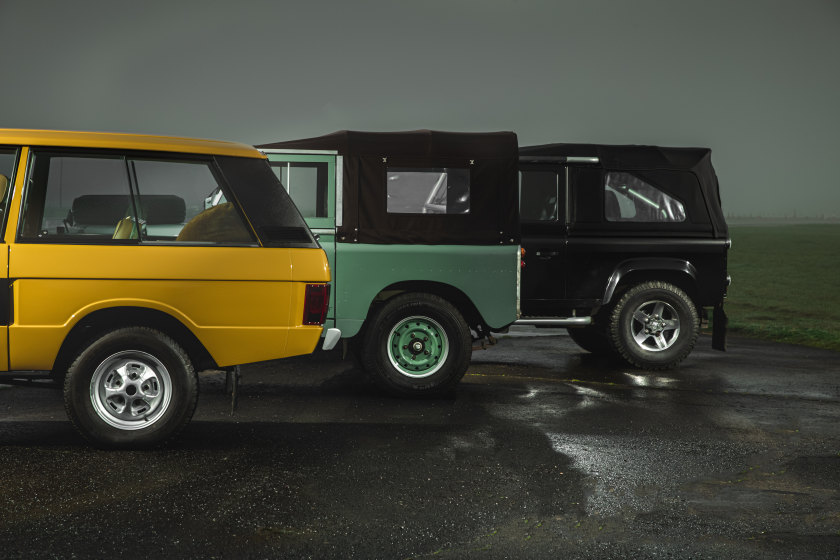
Sprite Photography
You might be fooled into thinking we were taking our predictions about the 1970s coming back too seriously with the sight of this Bahama Gold Range Rover, in the original colour that the car was available in back in 1970—but this one’s electric.
Along with the classic Land Rover 88 and Land Rover Defender pictured here, it’s the work of Everrati Automotive Ltd., which transforms these classics into zero-emission EVs from a bespoke facility in Upper Heyford, Oxfordshire. It seems the predictions in so many Andrew Niccol films like Gattaca—classic cars running modern powertrains—are coming true.
The company had already delivered electric Land Rovers. It now extends its portfolio to these models incorporating an OEM-grade electric powertrain designed and developed in-house. It uses specialist build partners to maintain the highest quality, no doubt improving on what left the factory in Solihull many years before.
The company adopts sustainable luxury materials, including the world’s lowest carbon leather from Bridge of Weir.
‘Perfectly at home in London, Cornwall, Monterey or the Hamptons, these vehicles are right in the current Zeitgeist; rolling pieces of art that will give their owners, who are mavens of sustainability and responsibility, a clean and distinctive and luxurious way of travelling. At the same time these progressive machines will have a legacy, being preserved for generations who will be able to continue to use and enjoy them guilt-free, with zero emissions, as the automotive landscape changes around them,’ said Everrati CEO and co-founder Justin Lunny.
A Land Rover (Defender) conversion costs £185,000 plus VAT and donor vehicle, while the Range Rover is priced at £230,000 plus VAT and donor vehicle.

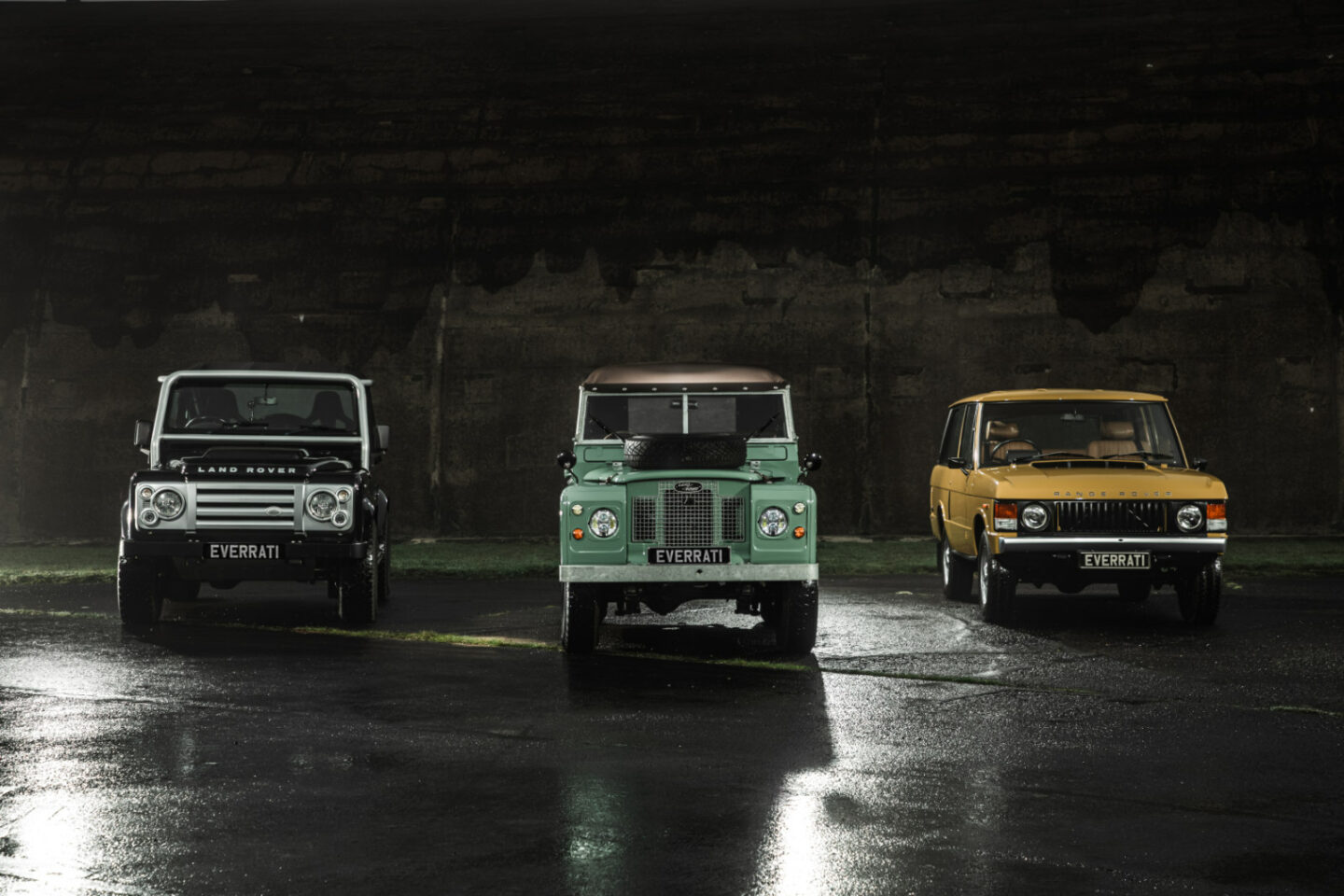

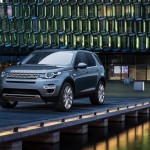

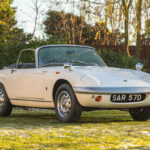


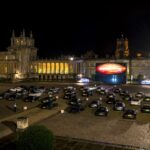
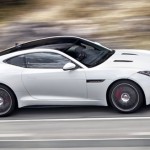
Leave a Reply